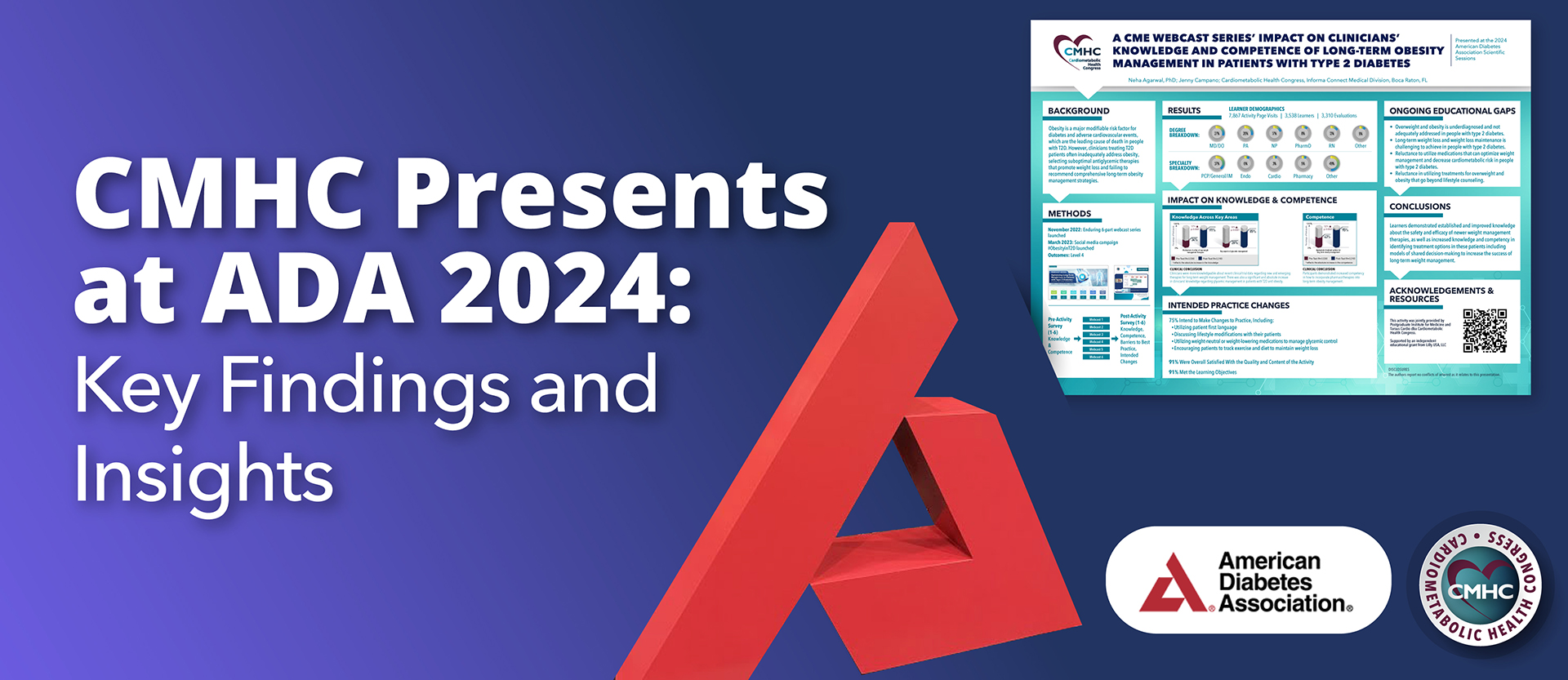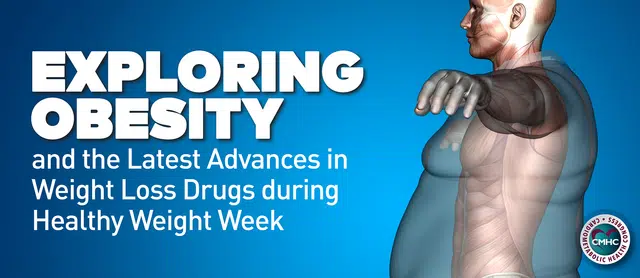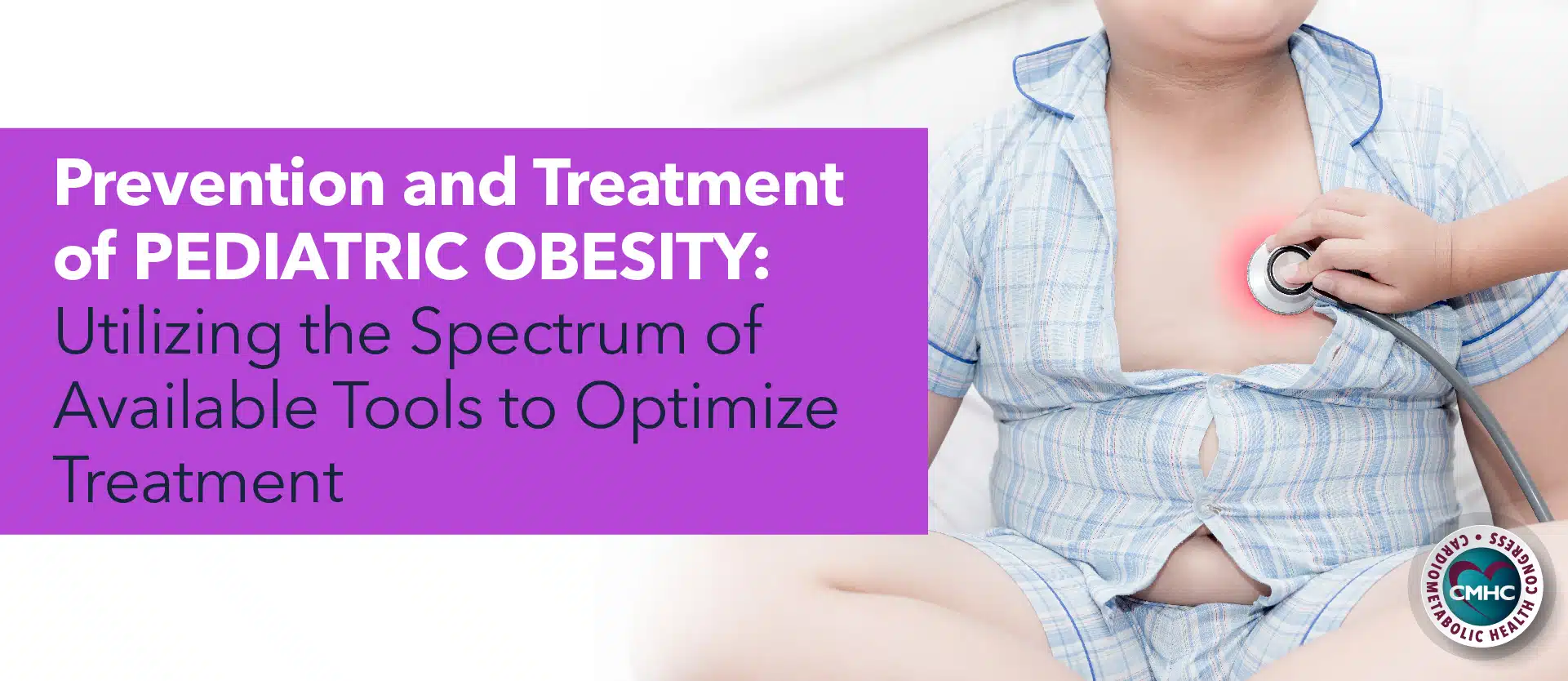 The biological connection between stress and obesity has long been suspected: during times of high anxiety and stress, people often crave ‘comfort foods,’ which are high in fat or sugar. Researchers have now found that specific hormones may play a significant role in this process: stress has been linked to biochemical changes that can trigger cravings, which lead to overeating, and ultimately result in obesity.
The biological connection between stress and obesity has long been suspected: during times of high anxiety and stress, people often crave ‘comfort foods,’ which are high in fat or sugar. Researchers have now found that specific hormones may play a significant role in this process: stress has been linked to biochemical changes that can trigger cravings, which lead to overeating, and ultimately result in obesity.
Specific biochemical reactions help explain this correlation: when we reach for fattening foods during stressful times, it is often an attempt to self-mediate—carbohydrates raise the body’s serotonin levels, the body’s ‘feel-good’ chemical. Researchers have also discovered that chronic stress can cause the body to release excess cortisol, a hormone critical in managing fat storage and energy use. Cortisol is known to increase appetite, and may encourage cravings for sugary and fatty foods.
More recent studies suggest that our bodies process food differently when under stress. One study found that lab mice, when fed a diet high in fat and sugar, gained significant amounts of body fat when placed under stressful conditions. Conversely, mice fed a normal diet did not gain as much weight—despite being placed under stressful conditions. Researchers linked this phenomenon to the molecule neuropeptide Y, which is released from nerve cells during stress and encourages fat accumulation. Diets high in fat and sugar appear to further accelerate the release of neuropeptide Y.
As physicians better understand the factors behind weight gain, they may be better equipped to help address the global obesity epidemic. Yet the most insidious aspect of the link between stress and obesity is that it is often self-reinforcing. When people are stressed and make unhealthy choices, they often gain weight, which only serves to further exacerbate stress.
While stress is an inevitable part of life, it does not necessarily need to lead to weight gain. By keeping portion size in mind, not allowing yourself to become too hungry, eating healthy snacks, and becoming more mindful about nutrition, we can avoid gaining weight when times are tough.
In order to gain more information surrounding nutrition, weight, and cardiometabolic disease, attend our CMHC Regional Conference Series. These one-day intensive workshops are designed to instruct participants in weight management, nutrition, and the prevention, management, and treatment of cardiovascular disease. Our upcoming agenda in Atlanta features a session titled Good Weight Management is Good Cardiometabolic Risk Management, delivered by Donna H. Ryan, MD.

















